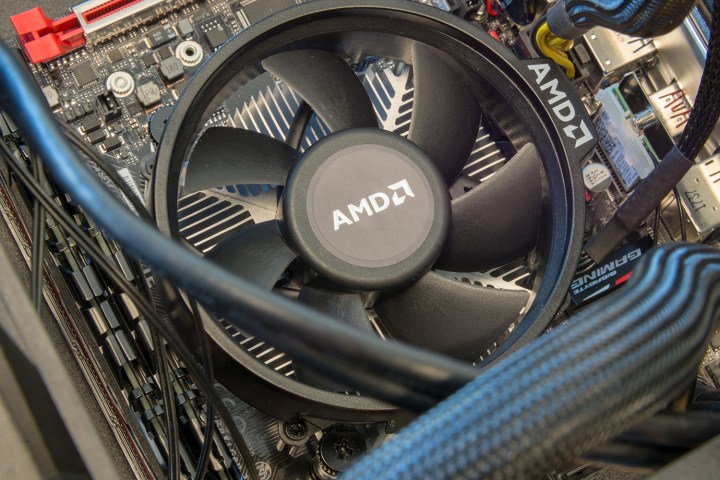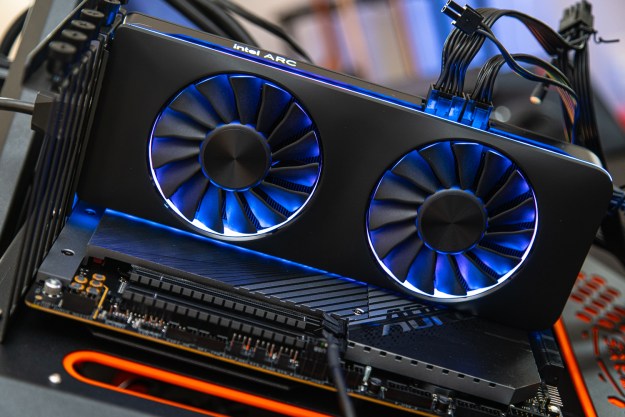
AMD and Intel are known to be bitter rivals in the chipset market, but AMD might have just taken the battle to a new level. The company recently published a new document calling out Intel for performance bottlenecking in its Xeon server processors, and is recommending that data center engineers switch to AMD’s options for better prices and performance.
The document is essentially an informational marketing pamphlet and is available to anyone willing to sign a form online. It begins by explaining how AMD’s Epyc System on Chip system is highly price competitive. The pamphlet asserts that Intel increased prices at a 19-percent compound annual growth rate in the server market between the years 2012 and 2017. This, AMD claims, led to Intel failing to deliver on balanced server resources, increased performance, and reduced cost of ownership. There’s also mention of Intel’s “maze” of 42 different Xeon scalable processors, making purchasing decisions as complex as buying a car.
“We call it the ‘Intel Tax.’ It is the extra price for Intel processors that you have to pay to get the features and performance you need. Intel’s product line is filled with self-imposed, designed-in performance bottlenecks that affect real-world results. You are forced to buy a more expensive processor to get the performance that you need,” explains AMD.
AMD details different memory size, performance, CPU cores, and connectivity options available with Intel’s Xeon processors in its pamphlet. The company claims that its Epyc system on chip system offers more for the price and is easier to understand when compared to Intel’s offerings. “Every AMD Epyc system on chip has the same feature set and delivers more of what you need, where you need it, free of the ‘Intel Tax.’ The AMD EPYC product line offers balance without compromises,” claims AMD.
As PCGamesSN points out, on the bottlenecking issue at least, AMD has a point, as Intel has been limiting PCIe lanes and the memory bandwidth on certain products. It should be noted that the document only refers to servers and not consumer chips. Intel and AMD compete in that segment, too, with AMD recently releasing the worlds first 7nm consumer graphics card, and Intel planning to release its own discrete GPU in 2020.
Editors' Recommendations
- 4 CPUs you should buy instead of the Intel Core i9-13900K
- AMD’s graphics card sales just took a nosedive
- AMD’s canceled GPU could have crushed Nvidia
- I’ve used Intel CPUs for years. Here’s why I’m finally switching to AMD
- AMD’s upcoming APUs might destroy your GPU



